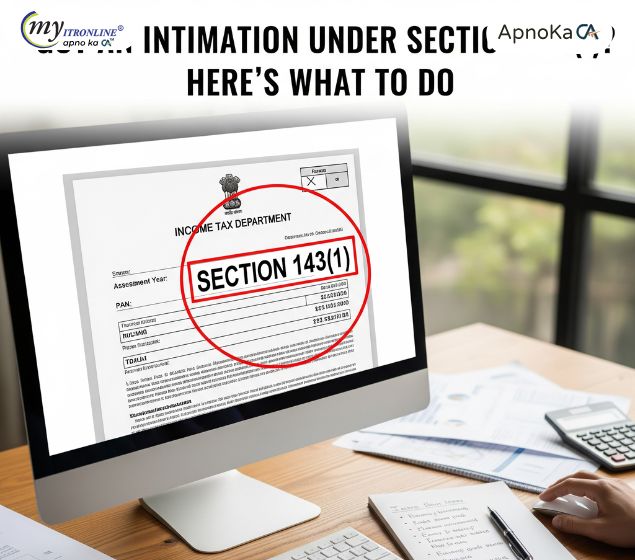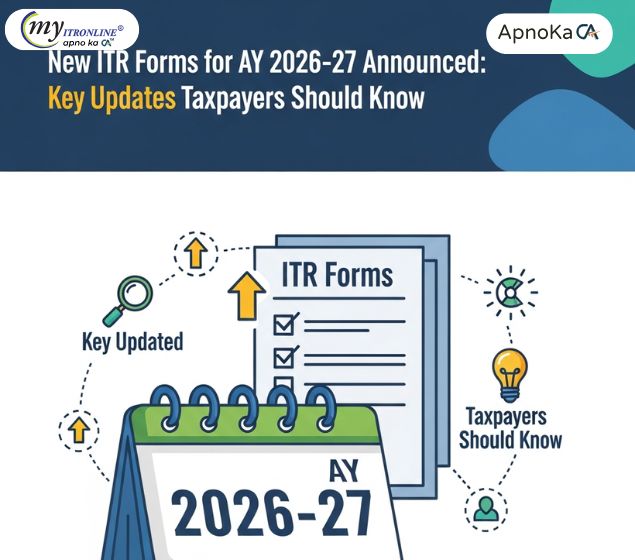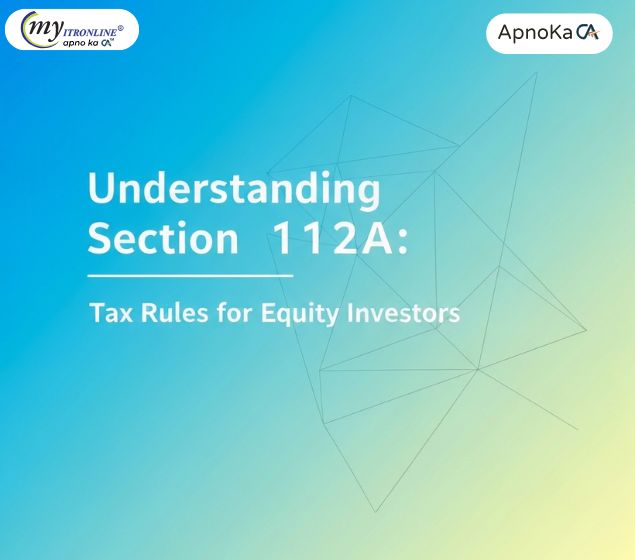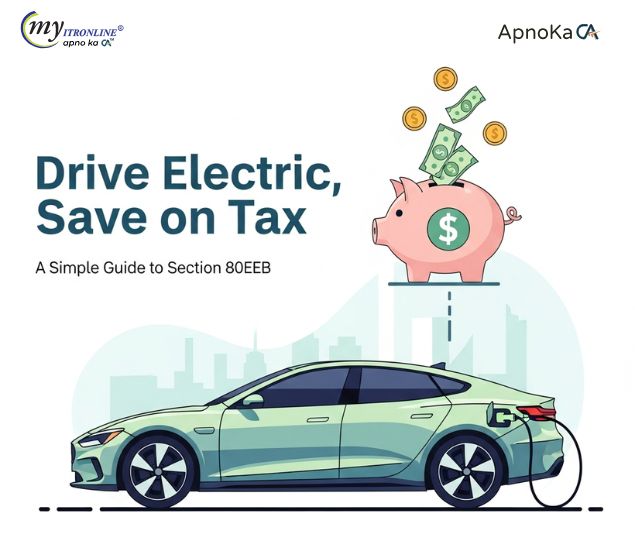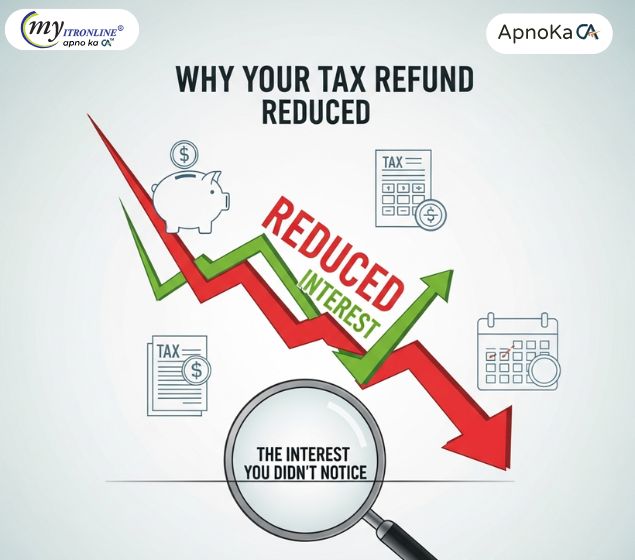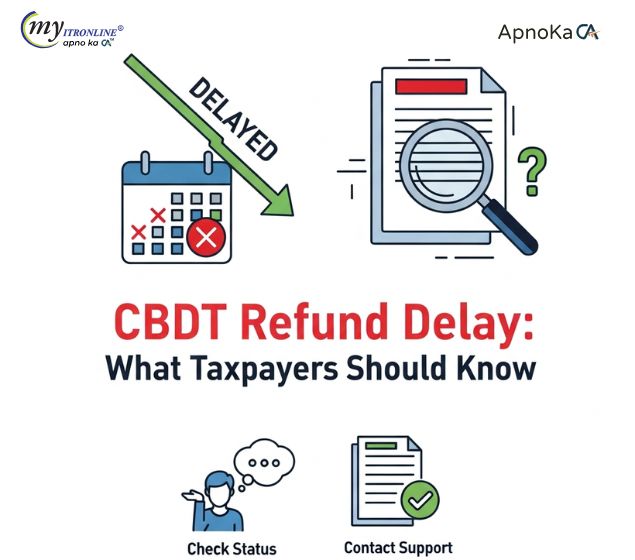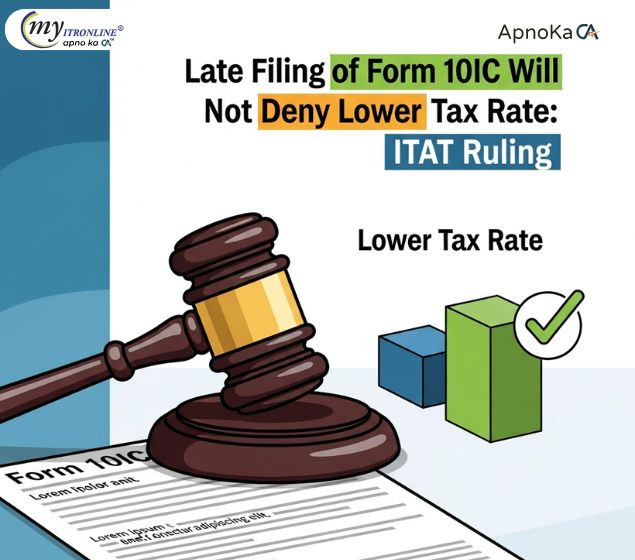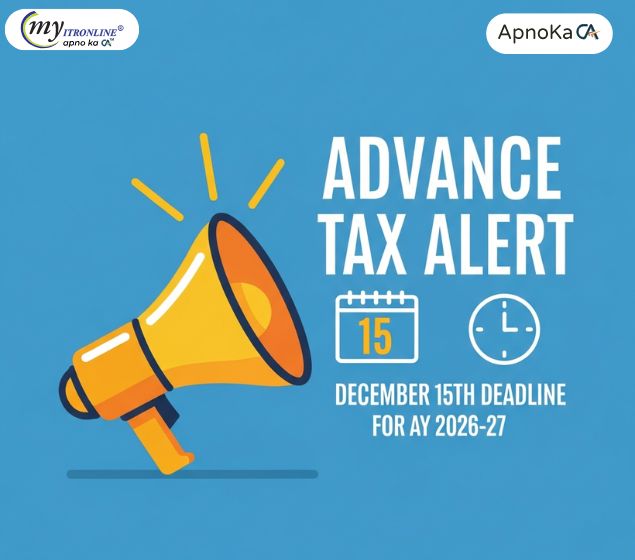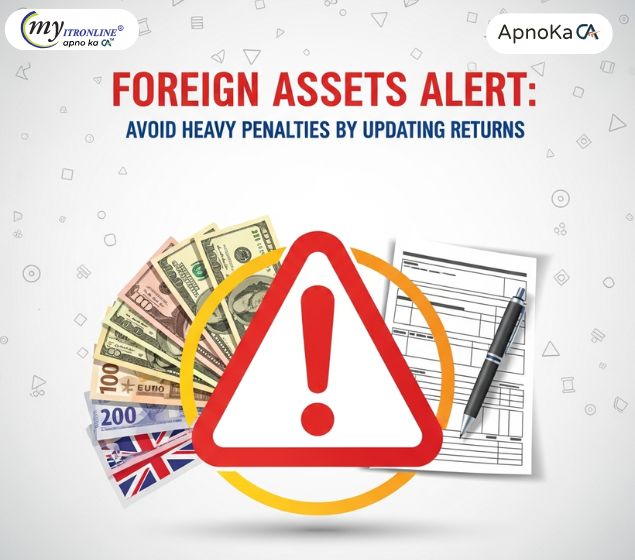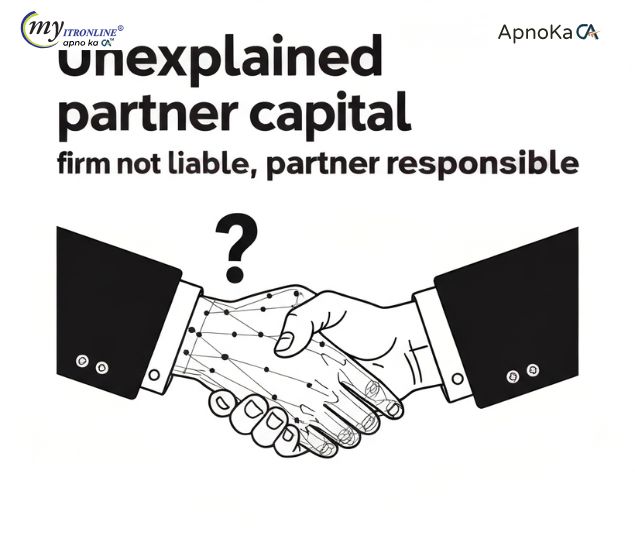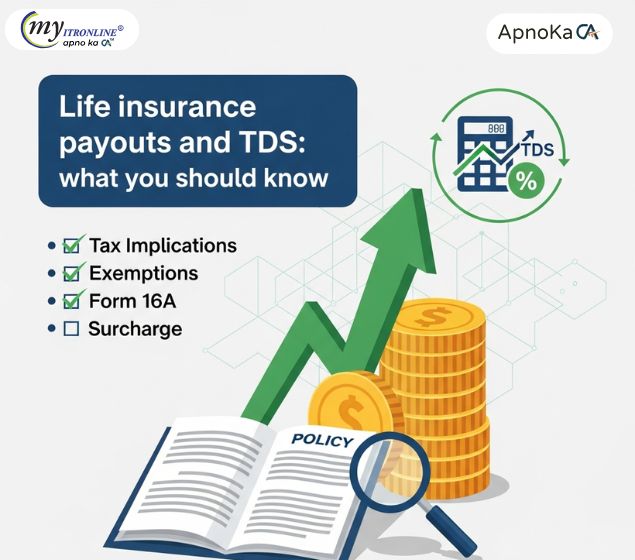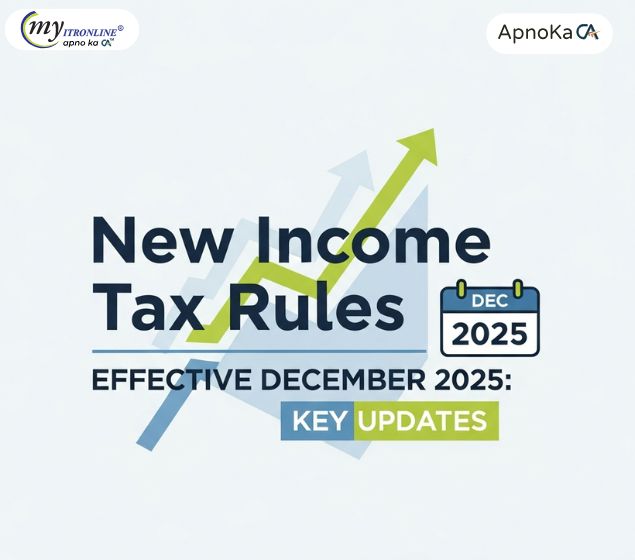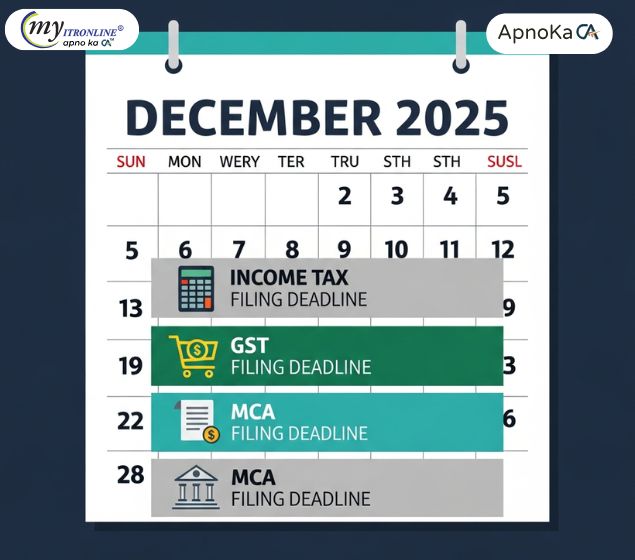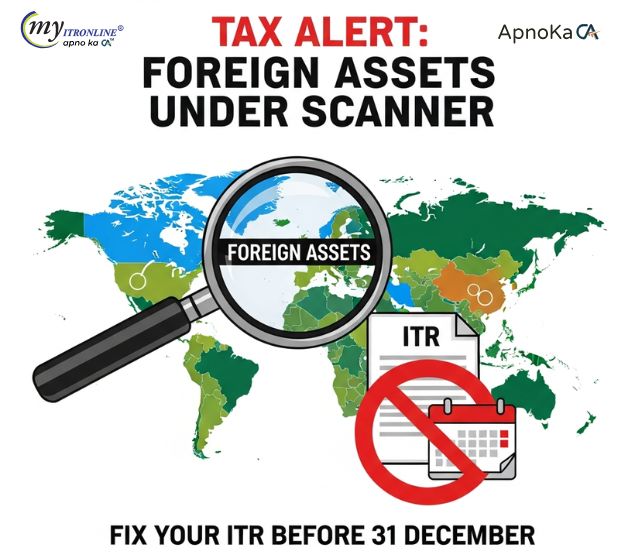Everything You Need to Know About 2025 Cash Transaction Limits and Penalties in India
The Income Tax Department of India has imposed severe cash transaction limitations for 2025 in order to combat black money, promote digital payments, and increase financial transparency. The Section 269ST limits cash revenues to ₹2 lakh, business costs to ₹10,000, and restricts contributions, real estate transactions, and loan repayments. Violations result in severe fines. Learn how to maintain compliance, avoid penalties, and contribute to a transparent financial system.
.jpg )
Introduction
The Income Tax Department of India has implemented particular restrictions to monitor and prohibit cash transactions as part of its attempts to combat black money, improve transparency, and encourage a digital economy. These laws establish cash transaction restrictions for individuals, corporations, and organizations and impose fines for noncompliance.
Cash Transaction Limits for 2025
- Receiving Cash Above ₹2 Lakh (Section 269ST):
The rule prohibits accepting more than ₹2,00,000 in cash in a single transaction, repeated transactions for the same event, or from a single individual in a day. The penalty for exceeding this limit is the same as the amount received in cash.
- Cash Payments for Business Expenses (Section 40A.3):
Businesses cannot spend more than ₹10,000 in cash for a single transaction. Payments to transporters are limited to ₹35,000. Violations lead to disallowance of business expense deductions.
- Contributions to Political Parties and Charitable Trusts:
Donations over ₹2,000 must be made through banking channels to qualify for tax advantages under Section 80G.
- Repayment of Loans or Deposits (Section 269T):
Loans or deposits beyond ₹20,000 cannot be returned in cash. Violations incur penalties equal to the cash repaid.
- Cash Transactions in Real Estate:
Cash payments above ₹20,000 for purchasing or selling immovable property are prohibited.
- Cash Withdrawals (Section 194N):
A 2% TDS applies to cash withdrawals exceeding ₹1 crore in a fiscal year. For non-ITR filers, the threshold is reduced to ₹20 lakh with a 5% TDS.
Penalties for Violations
Violating these cash transaction restrictions incurs significant fines:
- Section 271DA: Penalty equal to the cash received in contravention of Section 269ST.
- Section 271E: Penalty equal to the cash repaid in breach of Section 269T.
- Disallowance of Business Expenses: Business expenses exceeding cash limits will not be allowed as deductions, increasing taxable income.
- Prosecution & Confiscation: Severe violations may lead to prosecution, fines, and wealth confiscation.
Why These Rules Are Important
These rules aim to:
- Reduce black money circulation and increase financial transparency.
- Promote digital payments for traceability.
- Ensure accurate tax reporting and enhance government revenue.
How to Stay Compliant
- Use digital payment methods like UPI, RTGS, and NEFT for transactions exceeding cash limits.
- Maintain proper documentation, including invoices and bank statements.
- Avoid splitting transactions to circumvent limits, as it still violates the law.
Conclusion
The cash transaction laws for 2025 reflect the government's objective of eliminating cash reliance and enhancing transparency in the economy. By adhering to these rules, individuals and businesses can avoid penalties and contribute to a fairer, more transparent financial system.
FILING YOUR INCOME TAX RETURN F.Y 2024-25 (A.Y. 2025-2026) WITH MYITRONLINE
The income tax filing deadline is right around the corner. If you haven’t filed yet, do it today with Myitronline! Avoid last minute rush and file your tax return today on MYITRONLINE in Just 5 mins.(www.myitronline.com)
If you are looking for eCA assistance to file your income tax return/ GST, you can opt for MYITRONLINE eCA assisted plan starting
Upload Salary Individual Form-16
If you have any questions with filing your tax return, please reply to this mail. info@myitronline.com OR call 9971055886,8130309886.
Note-All the aforementioned information in the article is taken from authentic resources and has been published after moderation. Any change in the information other than fact must be believed as a human error. For queries mail us at marketing@myitronline.com
Krishna Gopal Varshney
An editor at apnokacaKrishna Gopal Varshney, Founder & CEO of Myitronline Global Services Private Limited at Delhi. A dedicated and tireless Expert Service Provider for the clients seeking tax filing assistance and all other essential requirements associated with Business/Professional establishment. Connect to us and let us give the Best Support to make you a Success. Visit our website for latest Business News and IT Updates.
Leave a reply
Your email address will not be published. Required fields are marked *Share this article
Krishna Gopal Varshney, Founder & CEO of Myitronline Global Services Private Limited at Delhi. A dedicated and tireless Expert Service Provider for the clients seeking tax filing assistance and all other essential requirements associated with Business/Professional establishment. Connect to us and let us give the Best Support to make you a Success. Visit our website for latest Business News and IT Updates.
View articles









